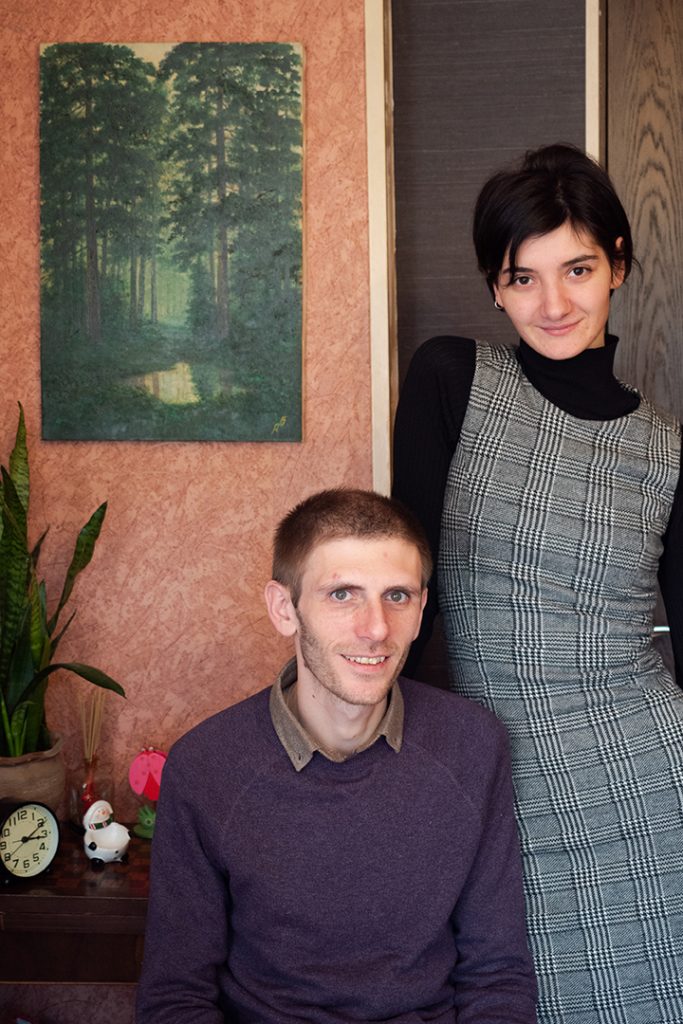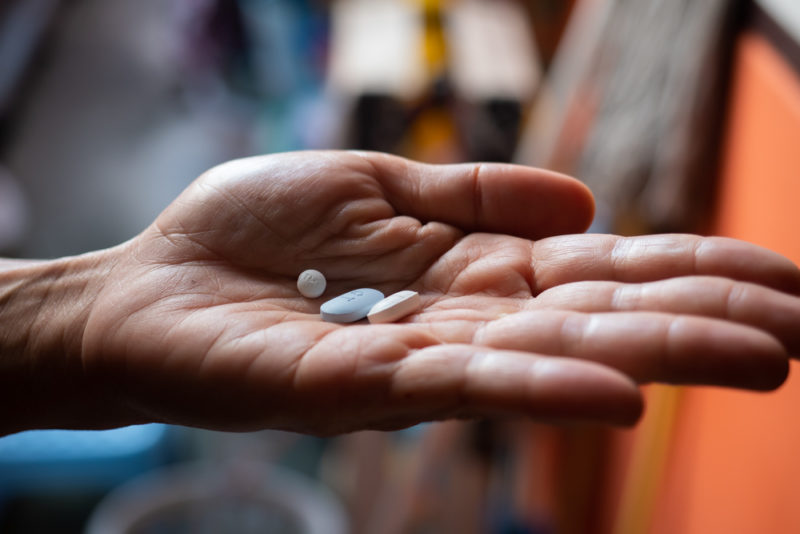Today, 28 July, is World Hepatitis Day 2019.
Since the day was marked in 2018, another 1.4 million people have died from Hepatitis, despite the viruses being treatable or curable.
That’s 1.4 million partners, mothers, children, grandparents and friends being mourned when they could be still be spending time with their loved ones. If these people were still alive they would fill the world’s largest football stadium, 10 times over. It makes Hepatitis “the second major killer infectious disease” according to the World Health Organization (WHO).
The medicines exist to save and improve the lives of people living with the viruses, but from our community-based experience we believe there are two main barriers: Stigma and the over-pricing of drugs.
Whole person, half the treatment
Temo, from Tbilisi, Georgia, is living with both Hep B and Hep C. He has treatment for one virus but not the other. “I’m not being treated as a whole person,” he says. His dual diagnosis also requires a dual response – tackling the overly punitive laws on drug use and making medicines affordable.

Temo, and wife Mariam, Tbilisi, Georgia.
“On one hand the government says ‘we’re going to help, we have a Hep C elimination program’ but on the other hand they make it difficult for you, by continuing to criminalise drug users, a key group who need the treatment. People are essentially hiding from the government – and risking their lives.” Temo has supported people to access treatment, including his wife’s father. “I know people who died before they could get to start the programme. Friends of mine lost their lives. Too many.”
Temo receives Hep C treatment free of charge through an ‘elimination program’, which on the face of it could seem like a good thing. But, as activists drew attention to at the 10th International Conference on HV in Science in Mexico (IAS 2019), so-called ‘access strategies’ employed by pharmaceutical corporations, such as tiered pricing, voluntary licences or drug donations, are designed to maximise profits, eliminate competitors and to give Big Pharma a much-needed public relations boost to divert public attention and scrutiny away from their real actions.
“While it’s good news for the third of people in need who have accessed Hep C treatment [in Georgia], we need to see this addressed systematically through lower prices and a patent system that prioritizes public health over profits. It is not sustainable for pharmaceutical companies to act as a ‘benefactor’ on isolated treatment. It does not solve the underlying need for fairer, affordable pricing of all drugs,” says Marina Chokheli, Public Health Program Coordinator, at Open Society Georgia Foundation (OSGF) (our campaign partner in Georgia).
Challenging unmerited, or unlawful, patents
Unmerited monopolies enable corporations to set high prices arbitrarily, based on what they anticipate they can demand a country to pay.
Make Medicines Affordable’s partners around the world have built a successful track record in opposing patents that do not meet patenting criteria, to prevent such monopolies. Gilead Sciences has repeatedly filed patents for its Hep C drug, sofosbuvir, including 14 applications in Argentina alone, which if granted would breach the country’s patent laws.
Our partner, Fundación GEP, has filed an opposition on Gilead’s latest application: “It is crucial that people with Hepatitis C have access to the treatment that cures the infection. According to our patent law, [this latest] application, over the combination sofosbuvir + velpatasvir, must be rejected… [so we can] guarantee access for all people who urgently need the treatment,” states Lorena Di Giano, Executive Director of FGEP.

The work of our campaign partners has previously yielded the right result, with patent applications for sofosbuvir rejected, including in Argentina, and in Brazil and Ukraine.
‘First resort’ for high prices
When costly monopolies have been granted and countries are faced with over-pricing of essential medicines, preventing governments from being able to treat everyone in need, a ‘compulsory’ or ‘government’ license should be an option as a first course of action.
This is certainly the case for sofosbuvir across the world -Gilead’s headline-making ‘$1,000 pill’, which is ‘making a mockery of … efforts to rein in prices’.
In 2017, Malaysia issued a compulsory license on sofosbuvir, which we described an “historic decision”, one which could pave the way for other countries the follow suit. Compulsory licenses are viewed by some as ‘a last resort’ because of the pressure exerted by pharma companies on governments when they have planned to issue licenses in the past. Malaysia’s decision was historic in withstanding the pressure, and other countries facing the same unaffordable situation should indeed follow suit.
As Othoman Mellouk, ITPC’s Intellectual Property and Access to Medicines Lead explains: “The use of compulsory licenses is neither new nor radical. Compulsory licenses are nationally and internationally recognized legal mechanisms that allow a country to protect public health by authorizing generic competition for a medicine even if there is a patent on that medicine. Compulsory licenses should not be a last resort – governments may use them as and when required, including if prices are deemed too high.”
At IAS 2019, activists demanded #Science4All: “We want governments to revoke unfair secondary patents and issue compulsory licenses to make sure we can access lower-cost generics now!” said Mellouk.
Urgent action needs to be taken by all countries to stop these patent games – and ensure that on World Hepatitis Day 2020 the headlines have changed.




